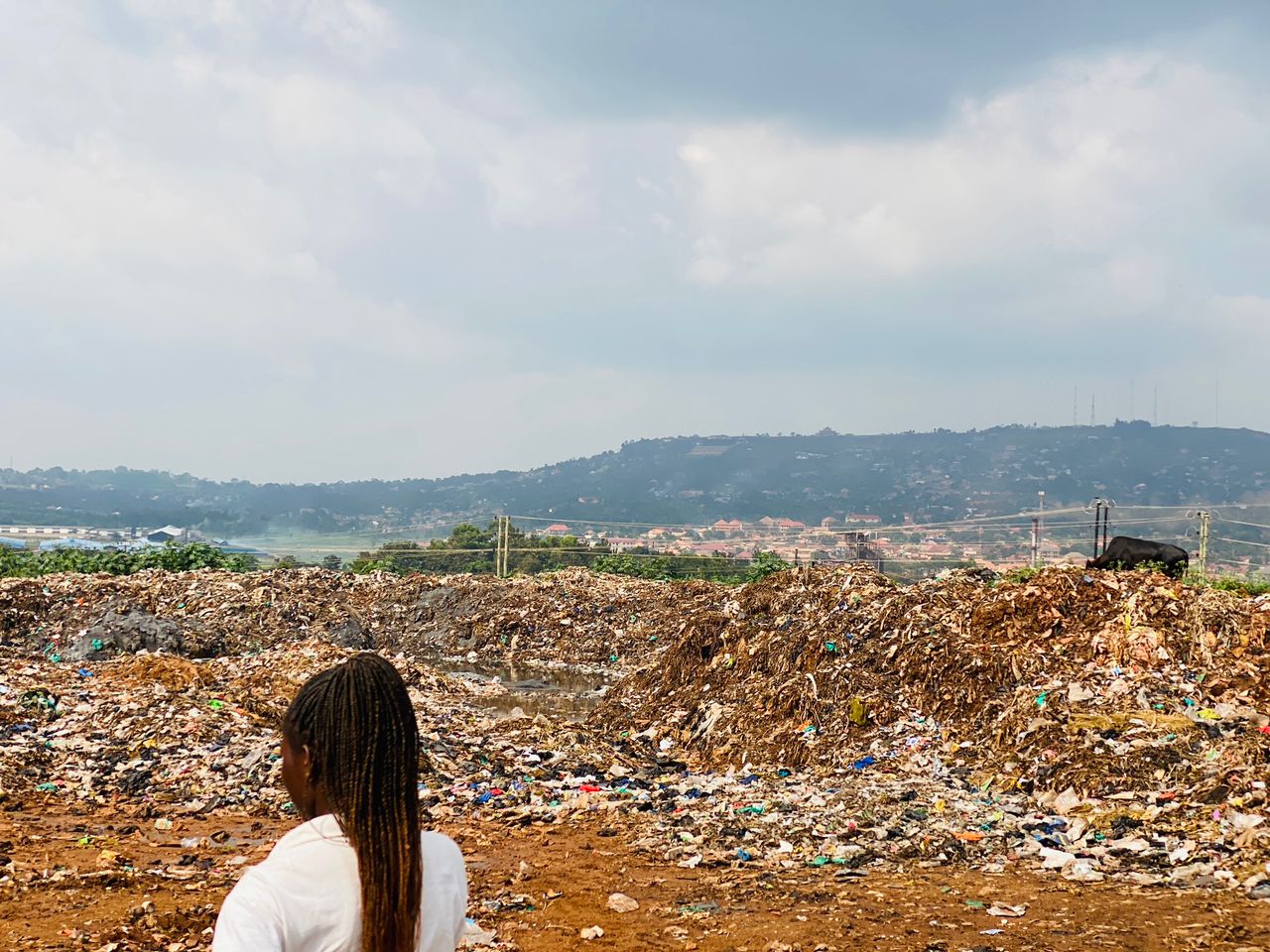This is Samuel’s* story told in his own words.
I was five years old when my parents divorced after misunderstandings which resulted in the separation of our family. My father remained in our village and my mother moved me and my siblings for a fresh start in Jinja. I was the right age to start school but I wasn’t interested, still feeling sad from my parent’s divorce.
When I reached 8 years old, I started to go into town collecting empty bottles and scrap metals to earn an income. This money was used to buy charcoal for cooking and I would save some money for soda and sweets during the Christmas period. After Christmas, I would go back to the street again to collect scrap and bottles to prepare for the new year.
After a year of doing this, I started going with my elder sister which promoted unity and provided security for us both. We never used drugs and we would go back late evening to the Masese Trading Centre for shelter overnight. We saw our mum less frequently, preferring to stay in town so we could work the next day.
Finding S.A.L.V.E.
One day, near the Jinja market, I noticed a building named S.A.L.V.E. International. There were some children my age and staff were counselling them about the issues with staying on the streets. I joined their session and enjoyed a nutritious lunch with them. The following day, when I went back to town, I met one of the S.A.L.V.E. staff known as Uncle Alfred. He started to counsel me and told me that I should change and leave the life of the street in order to be a responsible man in the future. After that, I went back home but feared my mother would beat me after finding out I had shared information about my life with strangers.
In the morning, I went back to the S.A.L.V.E. centre and found Aunty Amy and Uncle Alfred. They told me that they had a residential site which was safe for me and I decided to go there. In time, I was taken home by Uncle Alfred and he talked to my mother to allow me to join a school. My mother was so happy to hear that because she wanted me to be educated.
Learning life’s lessons
During vacations I went back to my home village and helped my mother to harvest food in the garden during the dry season. I learnt that I must study hard in order to help my family develop and my siblings to obtain fees for school.
Despite the Covid-19 lockdowns that closed the schools, when I could attend I really enjoyed going and started to do well in my studies.
I am so happy for the work S.A.L.V.E. has done in my life and for my whole entire family. I hope to perform well at S4 then join Advanced Level which will give me an opportunity to go to university and study a Bachelor’s degree in law. It is my dream course in order to help underprivileged children and also defend innocent Ugandans in the courts of law.
*Name changed in line with our Child Protection Policy





0 Comments